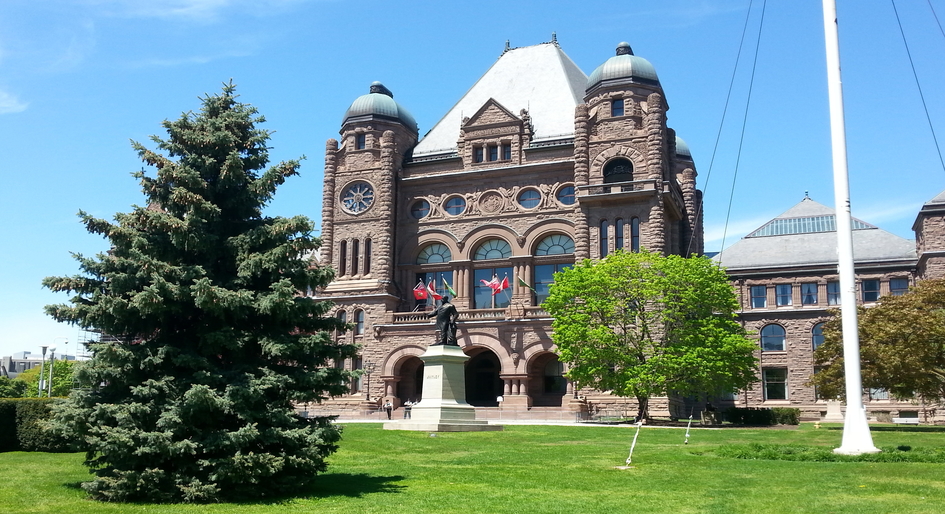Ontario’s putative budget promises to extend an enhanced tax credit for investors who build, acquire or renovate commercial or industrial buildings in areas outside the province’s most economically flourishing markets. The government lacks time in its current mandate to table and pass a budget bill, but the newly released 2022 provincial budget plan earmarks approximately $40 million to offer the Regional Opportunities Investment Tax Credit until December 31, 2023.
The refundable tax credit was initially introduced at a 10 per cent rate for qualifying expenditures made after March 25, 2020 and was then increased to 20 per cent for the period from March 24, 2021 to December 31, 2022. During that time, Canadian-controlled private corporations can claim the rebate on up to $450,000 of eligible costs to a maximum of $90,000.
The proposed one-year extension to December 31, 2023 is framed in the budget document as “giving businesses more time to make use of the enhanced support”. The tax credit applies on eligible capital expenditures made in most areas of the province outside Ottawa, the Greater Toronto and Hamilton Area and nearby regions encompassing Barrie, Niagara, Kitchener-Waterloo and Guelph. Some of the urban centres falling within the eligibility zone include London, Windsor, Kingston, Peterborough, Greater Sudbury and Thunder Bay.
The budget plan also confirms a two-year extension, to December 31, 2024, of tax relief on the sale of municipal electricity utilities to private sector operators. This measure — which, depending on the size of the utility’s customer base, reduces or eliminates a transfer tax equivalent to 33 per cent of the market value of the transacted assets — has been in place since 2016. The government has enacted the extension through regulation, and the budget plan presumes no revenue impact for the ongoing tax relief.








